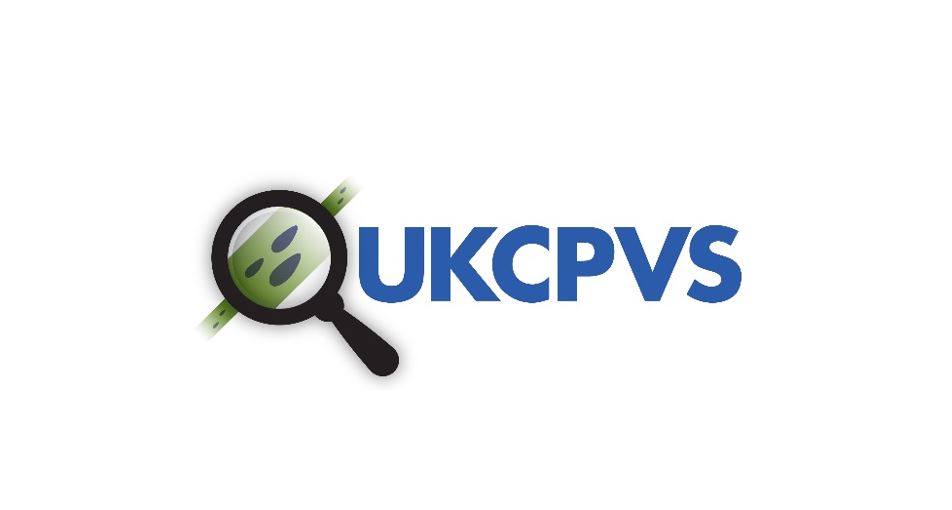- Home
- Knowledge library
- UK Cereal Pathogen Virulence Survey (UKCPVS)
UK Cereal Pathogen Virulence Survey (UKCPVS)
The UK Cereal Pathogen Virulence Survey (UKCPVS) uses pathogen samples (isolates), taken from diseased cereal leaf samples, to check which varieties they can infect. The tests can help detect new races of wheat and barley pathogens capable of causing disease on previously resistant cereal varieties.
How to submit a leaf sample for testing
The latest phase of the UKCPVS got underway in spring 2025. It puts more emphasis on breeding for durable resistance to wheat yellow rust and brown rust.
To help assess the distribution of rust pathogens and the impact on varietal resistance (in recommended and candidate varieties), the UKCPVS needs samples of diseased leaves from diverse wheat varieties and regions.
How to send in a sample
- Place leaf samples directly in a paper envelope (do not use polythene bags)
- Fill in a copy of the sampling sheet (the more info the better)
- Send the samples to FREEPOST UKCPVS (as soon as possible)
If you would like to get involved, full sampling instructions are available from the NIAB website.
 NIAB
NIAB
UKCPVS annual stakeholder events
Targeted at breeders, crop scientists and technical agronomists, the annual stakeholder events report on recent seedling test results and adult plant nursery tests. It also features related technical papers based on pathogen virulence experience from across the globe.
Next event
Keep an eye on this page for details about the 2027 event.
Catch up with previous events
Pages include links to presentations and videos.
12 January 2026 stakeholder event
13 January 2025 stakeholder event
Agronomy Conference 2025
Charlotte Nellist (Niab) provided an overview of UKCPVS, which included insight into how they quickly determined that a major resistance gene (Yr15) was responsible for the breakdown in yellow rust resistance in wheat varieties in 2025.
UKCPVS 2026 presentation
UKCPVS report archive
Every UKCPVS report since 1967...
The archive also includes information on the current project phase.
UKCPVS news
Further information
UKCPVS facts
- Monitors changes in pathogen virulence
- Currently focuses on wheat rusts
- Managed by NIAB
- First report published in 1967
- AHDB (HGCA) has part-funded the work since 1992
- Animal and Plant Health Agency (APHA) has co-funded the project since 2006
- Samples mainly provided by agronomists, trials officers and researchers
Young-plant and adult-plant resistance to yellow rust
The pathogen that causes yellow rust in winter wheat – Puccinia striiformis f. sp. tritici – comes in different forms. There are races that only infect particular varieties. To add further complexity, some varieties are susceptible to yellow rust when plants are young but go on to develop some level of resistance after early stem extension (the ‘adult plant’ stage). From spring 2025, UKCPVS is providing more information on the young plant resistance status to wheat yellow rust.
Young plant resistance to yellow rust
UKCPVS: The first 50 years (1967 to 2017)
Topics:
Sectors:
Tags:

